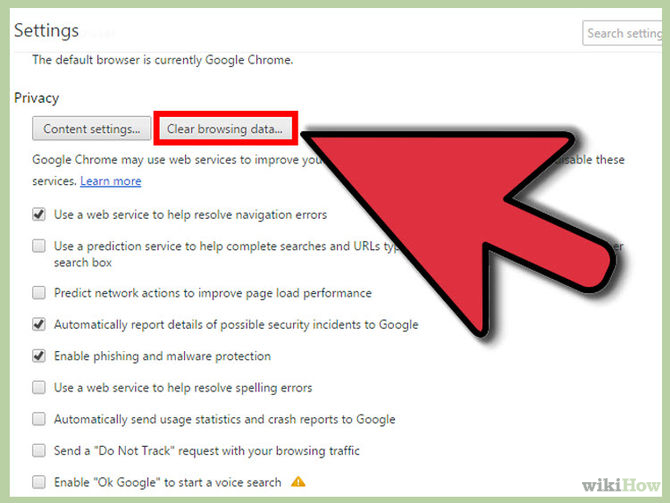Google has a unified privacy policy that covers an array of its services. This makes it easier for the company to bring user data across all of their amenities.
The actual preferences, in regards to privacy, have not been changed, but one policy covers all facets.
Google’s unified policy integrates its email, work, social, and search and YouTube services. Though, there are a few exceptions to the privacy policy. These exceptions include Chrome, Books and Wallet. This is because those three are subjected to industry-specific laws.
Needless to say by now you may be wondering if you can keep your info private. Is it a possibility given the fact that there is a unified privacy policy in place? Lucky for you, there are a few things you can do to keep your information safer, and some of those things will be discussed below.

Sign Out Of Google
A lot of people forget to sign out of Google when they are done. This is especially the case when they are in a rush. When you log into a web browser and you are logged into Google, then the company is going to collect cookies. If you have privacy in mind this is why you should sign out of Google when you’re done using it. Remember Google can still see your IP address if you are logged out.
Use A VPN
Virtual Private Networks or VPNs as they are more commonly known make it hard for you to be track. Plus, they are hard to bypass. VPNs essentially replace the user’s IP address with one provided by the VPN provider. This means that even if you live in Dublin, you may seem to live in New York or any variety of gateway cities.
There are a number of fantastic providers of private VPNs that are suitable for the individual – here are a handful.
- Hola – used by 60m people throughout the world, Hola is one of the most popular VPNs on the market, utilising P2P technology to make it work.
- Hide.me – One of the fastest VPNs on the market, Hide.me encrypts activity, secures Wi-Fi and also allows you stay away from Google’s prying eyes.
- ExpressVPN – An advocate of internet privacy, Express VPN is renowned for its excellent customer support but less so for its speed.
Adjust Web History Settings in Google
Take a look at your privacy settings in Google, and adjust them if you want to limit what Google collects on you. By adjusting your settings, you can ensure that Google won’t be constantly storing your web history. It’s easy to make adjustments too, as all you have to do is go into your account settings in your email.
Once you’re in account settings, you want to go to the view, enable or disable web history option, and you want to choose the web history option. After you do this, you will want to click on the learn more option and then you want to choose the remove items option. Log into web history and then you can choose the option to remove all web history. However, keep in mind that doing this still allows Google to gather and store info, but for internal purposes.
Privacy Browsing
Browse privately by going into private browsing mode, and then you can browse regularly whenever you want to. If you use Google Chrome, then use the incognito browsing option, as this will ensure pages you look for won’t show up in search history or browser history, and they won’t leave cookies on your computer. Websites may still be able to share info about you and collect info, but Chrome won’t store info on you, but this doesn’t prevent other sites from doing it, so make sure you keep that in mind too.
You do have to be careful if you choose to use private browsing mode. This is because it is still liable to track your behaviour, even if you are in private browsing mode. So, if you decide to browse privately, make sure you keep that in mind.
Do you like Google, but want to play it safe? Unfortunately, the best option may be to avoid using Google altogether. Search engines such as DuckDuckGo are a good option, as it doesn’t track you, nor does it bubble you.
Safer and more secure browsing should be easier with all of these options and will allow you

